What’s Organic and What’s Not
The Importance of Organic Foods
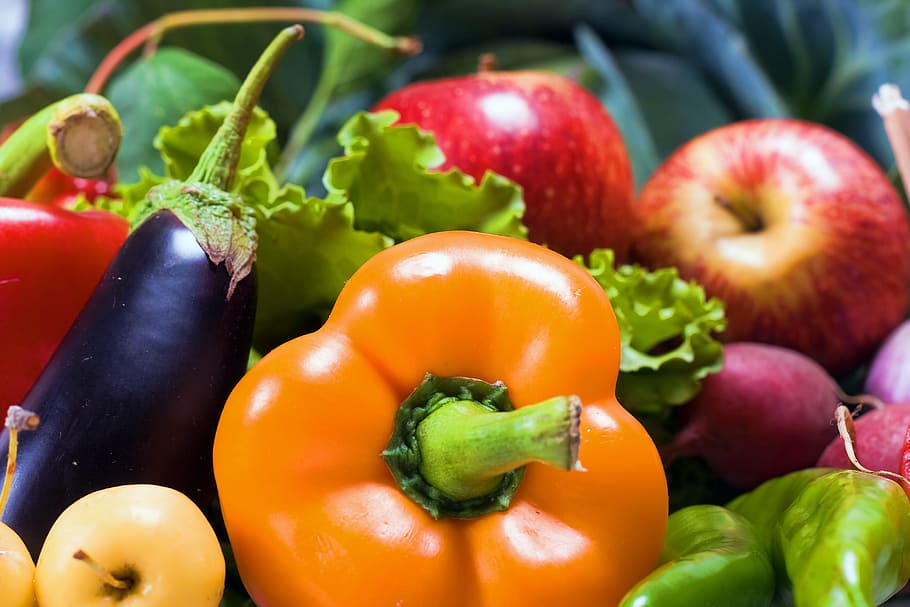
When we think of the word Organic, what does it ultimately mean to us? We see it popping up on more and more products, from fruit and veg to meat, even our body products and clothes are started to gain the label “Organic”.
So what does it mean? In simple terms, organic refers to the way products are processed and grown. On this article we are primarily focusing on Organic agriculture, to gain the certificate of Organic the product must be grown or made without the use of synthetic pesticides, herbicides and fertilizers or bioengineered genes (GMOs). In regards to livestock like meat, egg and dairy products, they must be raised in living conditions accommodating natural behaviours. This means the ability to graze on pasture and fed organic feed and forage. They must not recieve growth hormones, antibiotics or any animal by-products.
Some differences between organic and non-organic:
Organic Produce
- Grown with manure compost
- Weeds are controlled with organic-approved herbicides or hand weeding and mulching.
- To control pests natural pesticides are used. Or birds and insect traps.
- Livestock are fed with hormone and GMO free feed.
- Clean housing, rotational grazing and a healthy diet is how disease is prevented.
- Livestock has to have access to the outdoor
Non-Organic Produce
- Grown with chemical or synthetic fertilizers
- Weeds are controlled using chemical herbicides.
- Synthetic pesticides are used to control pests
- For faster growth livestock are given growth hormones and non-organic GMO feed.
- Medications and antibiotics are used to prevent disease in livestock.
- Livestock may or may not have access to outdoor.
Some producers will often say that their products are actually “organic” they just dont want to pay for the certification. This can be tricky to navigate as yes this can be true, the farmer/producer could meet all of the Organic requirements, but then refuse to pay to have it officially certified. The cost of certification is now outweighed by the recognisable and reliability behind officially certified Organic products. People are now willing to pay more for Organic and this covers the cost. There are plenty of farmers/producers who also make this claim but they are not entirely organic.
As a safe bet we trust all products with the Certified Organic Logo on them to be Organic where we know standards are monitored and constantly reassessed.
Benefits of Organic Food:
- Organic food has more beneficial nutrients such as antioxidants than conventionally grown food.
- Organic food is fresher because it does not contain preservatives to make it last longer.
- Organic food contains fewer pesticides.
- Organic farming is better for the environment.
- Organic milk and meat are richer in nutrients including omega 3 fatty acids.
- Organically raised animals have no antibiotics or growth hormones.
- Organic food is GMO-free (Genetically Modified Organisms)
Organic food is often more expensive as it is more labour intensive because the farmers don’t use chemical fertilizers, pesticides or drugs. The Organic Certification is expensive and the feed can cost twice as much. Organic farms are smaller than conventional farms.
Examples of Fruit and Vegetables where the organic label matters most:
Best to buy organic – Apples, Capsicum, cucumbers, kale, squash, peaches, spinach, celery, potatoes, strawberries, grapes and cherry tomatoes.
Low pesticide fruit and vegetables – Avocado, mushrooms, asparagus, cabbage, eggplant, kiwi fruit, mango and cabbage.
Organic food is more labour-intensive since the farmers do not use synthetic pesticides, chemical fertilizers, or drugs. Organic certification is expensive and organic feed for animals can cost twice as much. Organic farms tend to be smaller than conventional farms, which means fixed costs and overhead must be distributed across smaller produce volumes without government subsidies.
The majority of organic products sold in Australia carry the ACO (Australian Certified Organic) Logo or affectionally call BUD. It is displayed as a stamp of integrity. It is the only symbol that is widely recognized by consumers. It reassures consumers that all the ingredients in the product have been certified to the ACO standard and have met rigorous certification checks.
Environmental Impact of Non Organic Foods
Non Organic Pesticides are the main suspect when we look at crop growth depleting biodiversity. The monoculture of creating vast single crop farms is damaging enough but the Non Organically commonly used pesticides have been show to obliterate flies, insects, butterflies and bees in the surrounding area. This has even harsher knock on effects to the ecologies as those species all play their role in the natural world and in the food chain for other species.
Studies of Organic pesticides in the EU have shown that they are more specific targeting specific enzymes in parasites which means they arent affecting and wiping out other populations of life. The same studies have also shown that these Organic pesticides have a better chance of dissipating before reaching ground water which further reduces its non targeted spread.
Many companies are trying to deploy clever marketing tactics to trick consumers into believing their products are Organic but this is where Standardised Organic Certification and Logos has come to help.
Some Reasons to Buy Organic:
- Secure the future of Australian agriculture by restoring soils for productive cropland.
- Reduce chemical runoff and residues in drinking water, coastal areas and waterways.
- Save disappearing native animal habitats by increased biodiversity.
- Eliminate antibiotics, growth hormones and genetically engineered drugs in livestock.
- Humane treatment of animals will be ensured.
- Safeguard the integrity of food and reduce landfill.
- Reduce greenhouse gas emissions
- Avoid eating up to 2 kg of food additives every year.
- Avoid GMOs and eat the best tasting food.
Our Organic Favourites
Below is our much loved Australian Organic Manuka Honey. This is something that isn’t commonplace, This is because there are few places that meet the criteria for Organic Manuka Honey.
AUSTRALIAN CERTIFIED ORGANIC MANUKA HONEY & GMO FREE
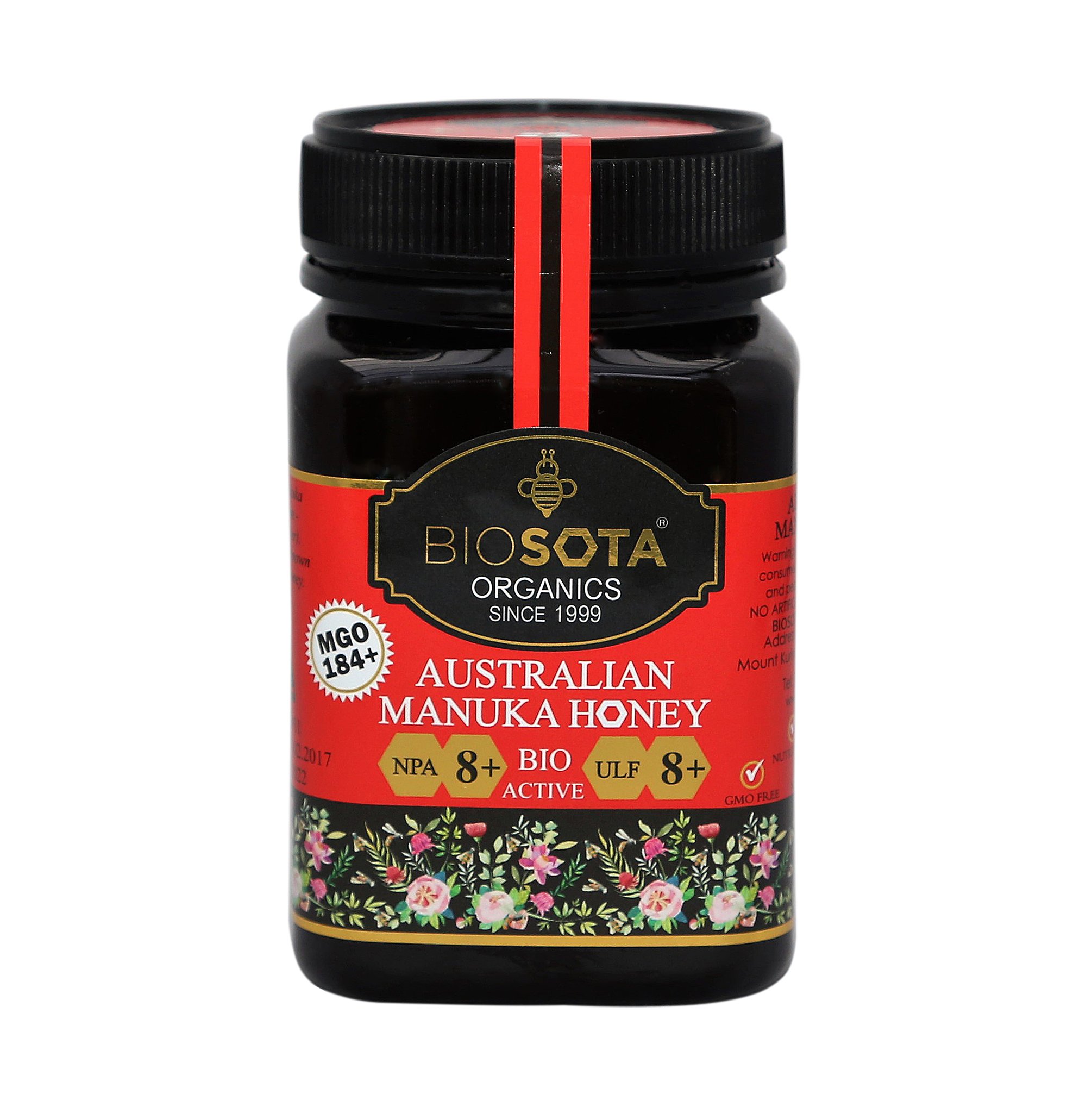
Our raw organic honey is produced and packed in a pollution-free environment and is handled with pristine care. ACO Certified Authentic Manuka Honey is in scarce supply due to a short harvest window and its manufacture becomes almost impossible during drought.
Our beehives must be a minimum of 5kms away from any major highway. They can’t be near to agricultural land that receives non organic – Pesticides, Herbicides, Insecticides or Fertilisers, because Bees stray from the fields they live in its important that the places they visit are either Organic farms
Our raw organic honey is produced and packed in a pollution-free environment and is handled with pristine care. ACO Certified Authentic Manuka Honey is in scarce supply due to a short harvest window and its manufacture becomes almost impossible during drought.
Our beehives must be a minimum of 5kms away from any major highway. They can’t be near to agricultural land that receives non organic – Pesticides, Herbicides, Insecticides or Fertilisers, because Bees stray from the fields they live in its important that the places they visit are either Organic farms
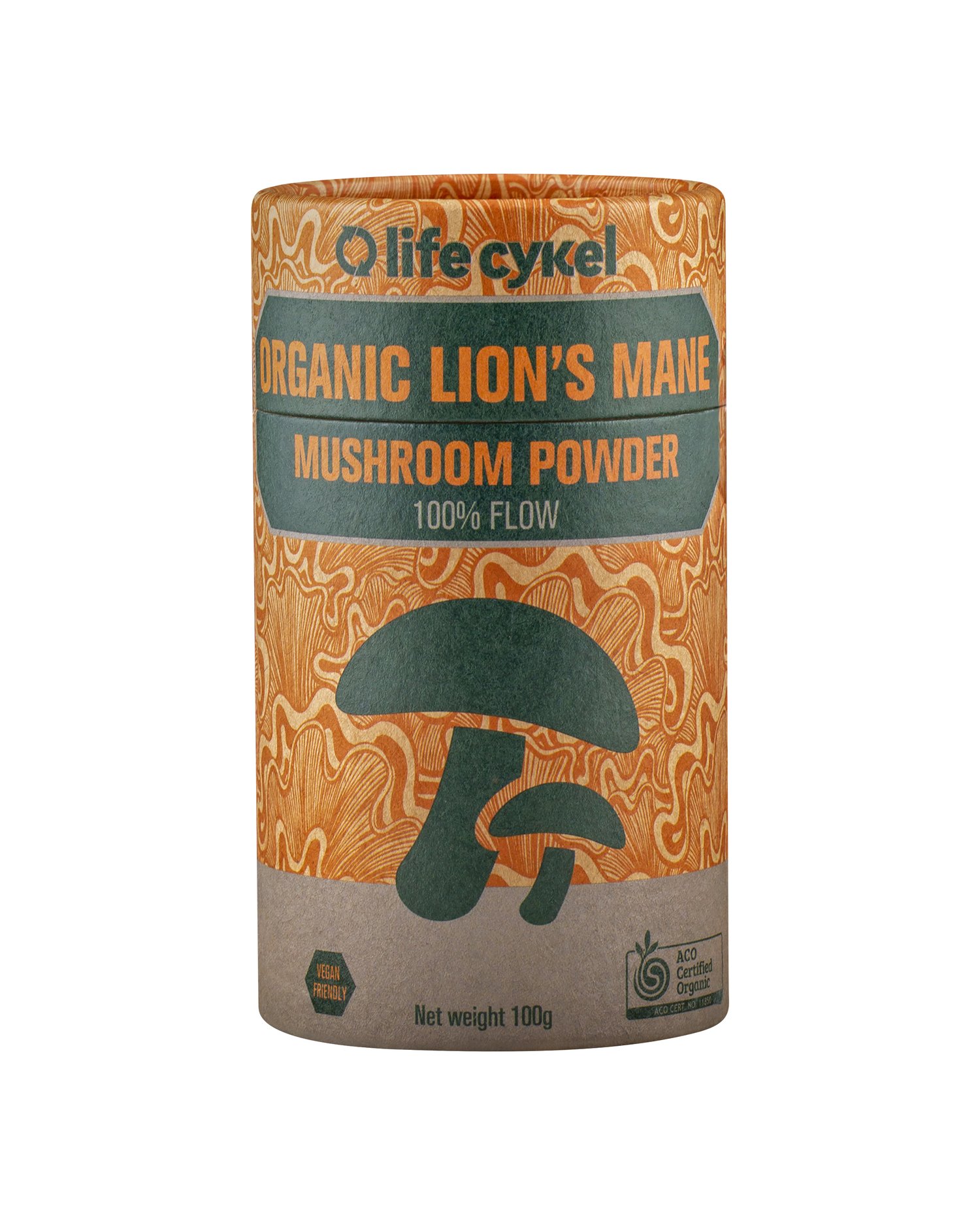
Our Lions Mane Mushroom Powder is also Organic. Growing mushrooms often requires very specific conditions and is normally assisted with help from the lab and non organic fertilisers. To grow these Mushrooms Organically we use only organic fertilisers which are naturally more expensive than common chemical fertilisers but we know that this is better not only for the Mushrooms themselves but also for us. Mushrooms absorb liquids very easily and to spray these products with harmful non organic pesticides and insecticides would lead to the mushroom being full with these chemicals to then be eaten by us.
Australian Certified Organic Lions Mane Mushroom Powder
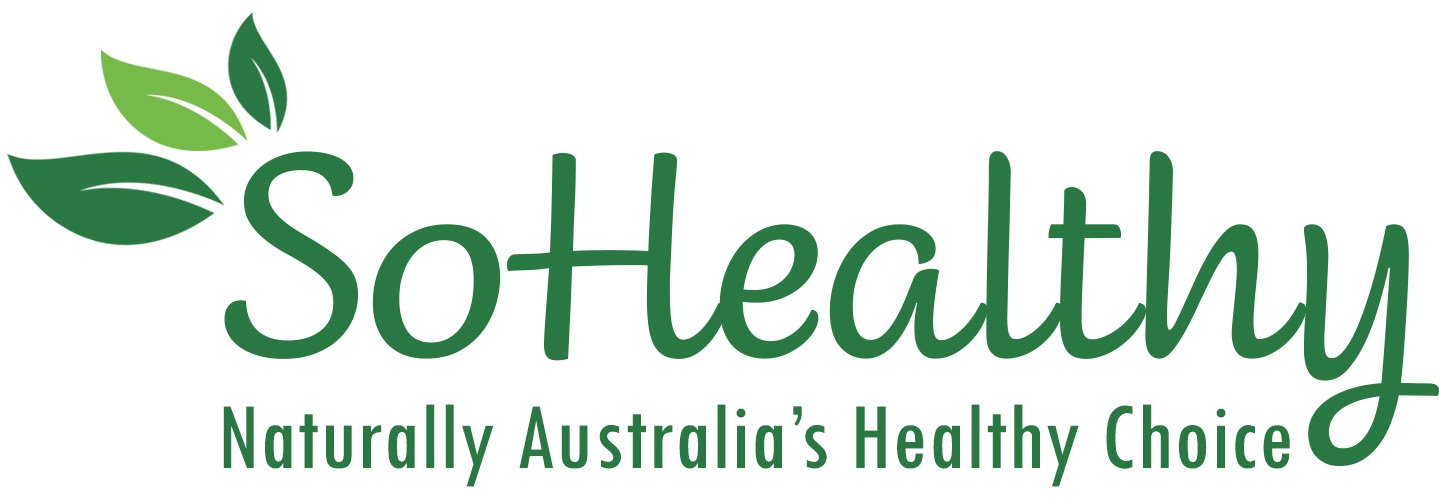
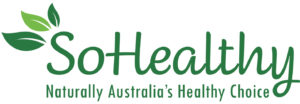

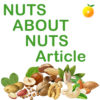


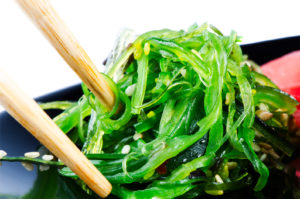
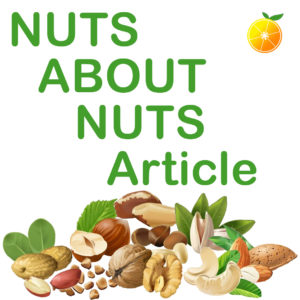
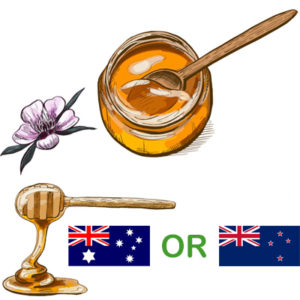
Add comment
You must be logged in to post a comment.